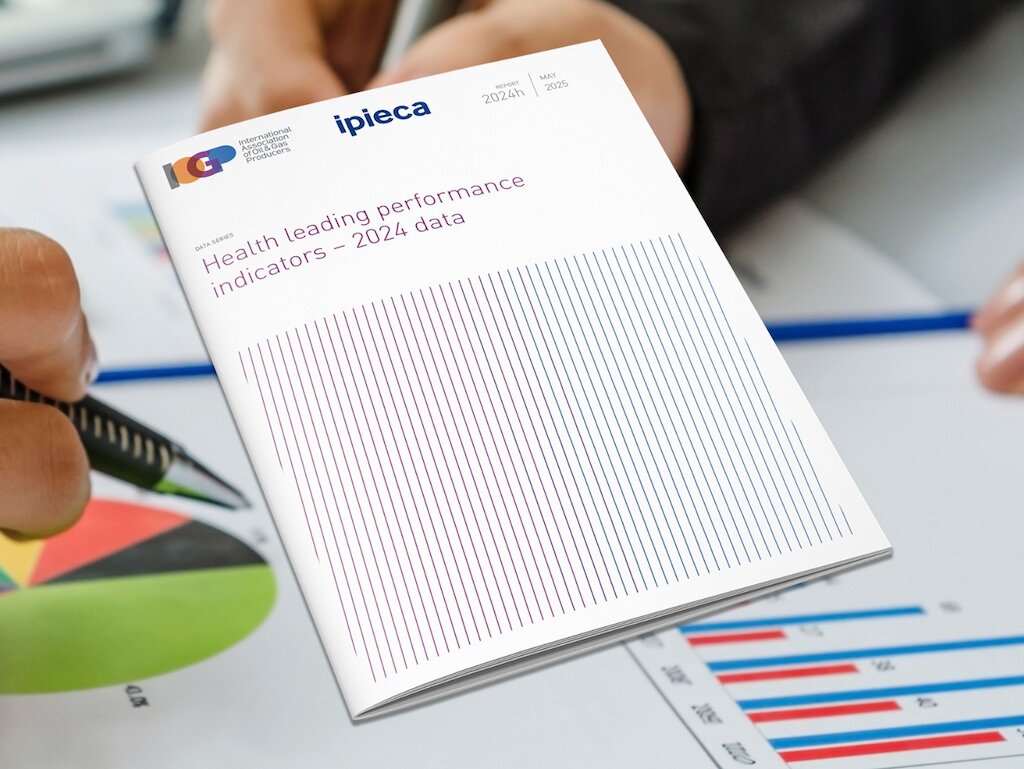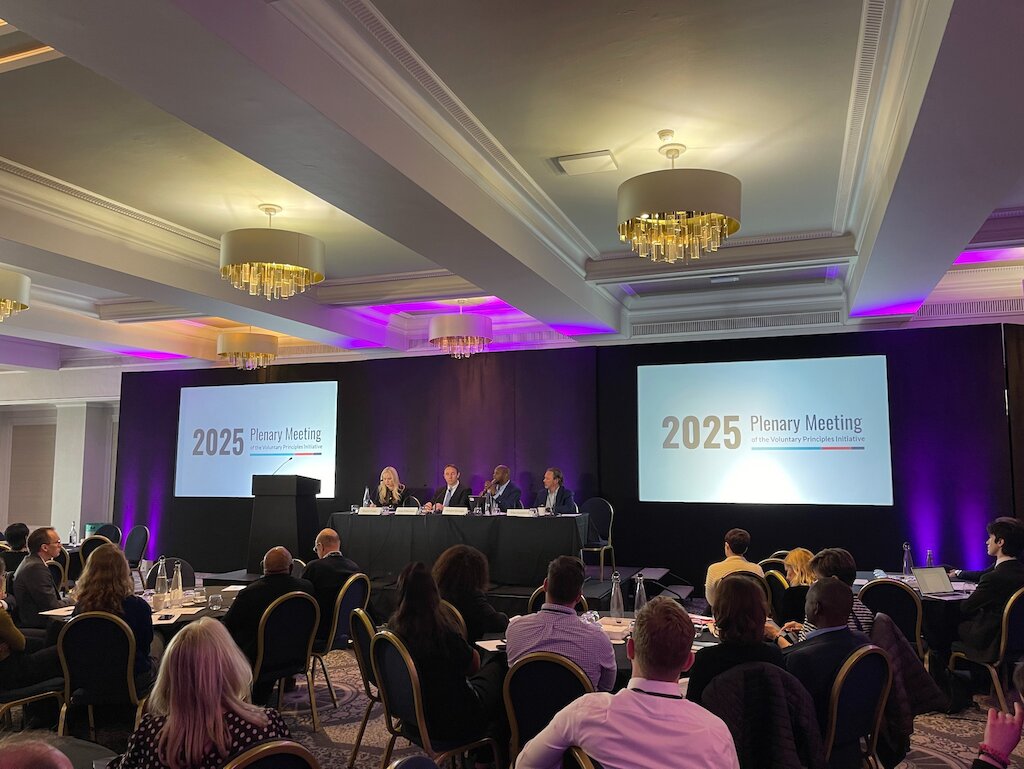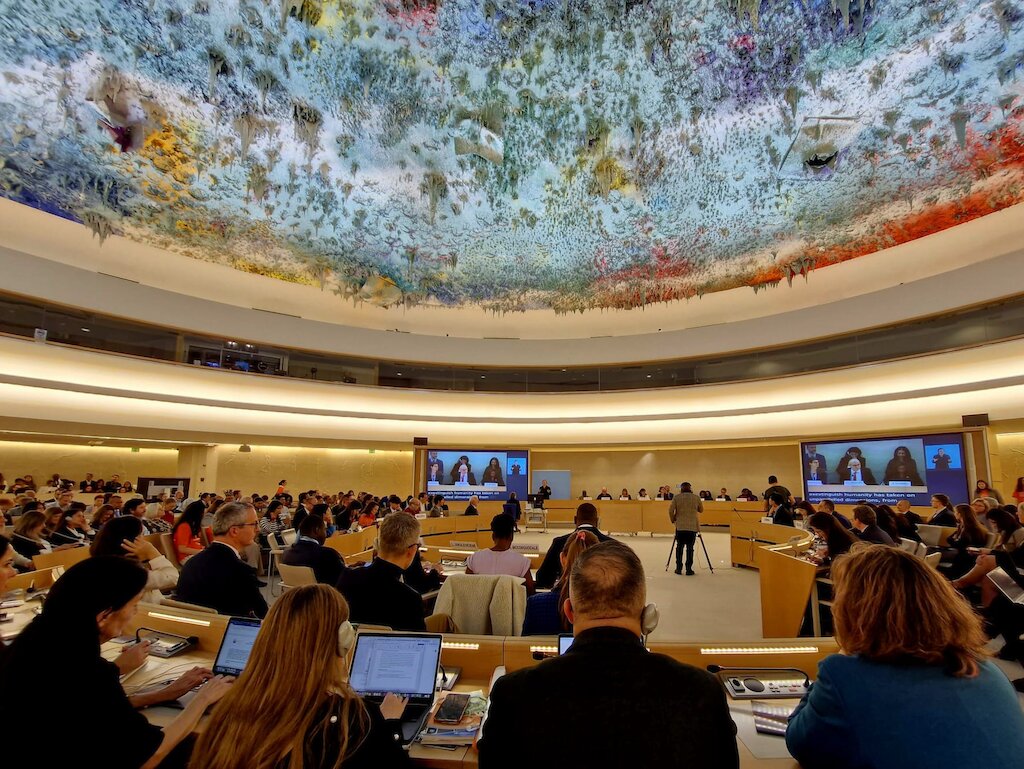The 16th June was the 10th anniversary of the endorsement of the United Nations Guiding Principles on Business and Human Rights (UNGPs) by the UN Human Rights Council, marking a turning point in how states and businesses protect and respect human rights.
UNGPs plus 10 project
The anniversary will kick start a decade of action on business and human rights as part of the 'UNGPs plus 10 project'. The project brings together governments, business and civil society to share progress made so far on implementing the UNGPs, discuss the challenges different sectors have faced in adopting the principles and build momentum on scaling up the UNGPs globally over the next 10 years.
A watershed moment for human rights
The launch of the UNGPs in June 2011 was a huge step forward in efforts to address and manage potential human rights impacts. For the first time, there was a globally recognised framework which described the duty of governments to protect human rights and companies to respect human rights.
The UNGPs provide the industry with valuable clarity about what all parties are expected to do so human rights are protected and respected, and that remedy is applied when necessary. It has also provided useful guidance on how on how to integrate human rights considerations into risk impact management and processes.
Importantly, the UNGPs are one of two key commitments made by states - the other being the 17 Sustainable Development Goals - that recognise that responsible business has an important part to playin achieving a fairer, more prosperous world for all.
Progress so far
I am extremely proud to say that Ipieca took part in the initial consultation and development of the UNGPs. Since then, Ipieca members have worked to distil their shared knowledge and expertise into practical guidance that can help companies across the oil, gas and alternative energy industries to understand and operationalise the UNGPs.
Our guidance covers community grievance mechanisms, the role of community liaison officers, labour rights, the rights of Indigenous Peoples, security and most recently an update to our Human rights due diligence guidance, which provides step by step guidance on developing human rights due diligence processes and incorporating these into existing human rights frameworks and practices. The Human rights due diligence guidance assists companies to respect human rights as outlined in the UNGPs.
On an industry level, many oil and gas companies have made good progress in respecting human rights. Using the UNGPs framework as a guide, they have enhanced or incorporated human rights considerations into their risk and impact assessments, improved worker and community grievance and remedy processes, and included human rights in their external reporting. In addition, many have also introduced human rights performance checks into activities such as supply chain management, security arrangements, and monitoring of environmental and social performance.
With multi-national operations, the oil and gas industry has the potential to improve the lives of millions of people around the world. The UNGPs framework has helped guide companies to drive that change, transforming the lives of the industry's workforce and the communities in which we operate.
Challenges ahead
The last decade has shown that change is possible, with many states, businesses and investors focusing more on human rights. However, there have been - and still are - some challenges to the global implementation of the UNGPs
Governance is an important factor in making progress. In some countries, public support for the UNGPs has not yet resulted in national policy, legislation or enforcement mechanisms. This in turn can make it difficult for businesses operating in these countries to identify and address human rights impacts. Ongoing multilateral engagement between all states around the world and all industrial sectors is essential to increase human rights awareness and help fulfil the aims of the UNGPs framework.
At a corporate level, human rights are not always integrated into core business processes. Ipieca will use the decade of action as a way to raise awareness of the UNGPs and promote the message that UNGPs-aligned practices are good for business: by respecting the rights of individuals and communities, companies create safe environments which help to retain and attract talented workers.
Putting human rights at the heart of the recovery
As we build back from the worst pandemic in a century, we must make sure we grasp the opportunity to build respect for human rights into the recovery. The UNGPs can act as a key driver to achieve the aspirations we have for a better future.
Ipieca is committed to supporting the UNGPs decade of action. We will continue to work with the oil, gas and alternative energy industries and partners from across all sectors to share knowledge, and develop and promote good practice to help accelerate and scale up the implementation of the UNGPs and realise their potential to support a peaceful, prosperous and inclusive world.



